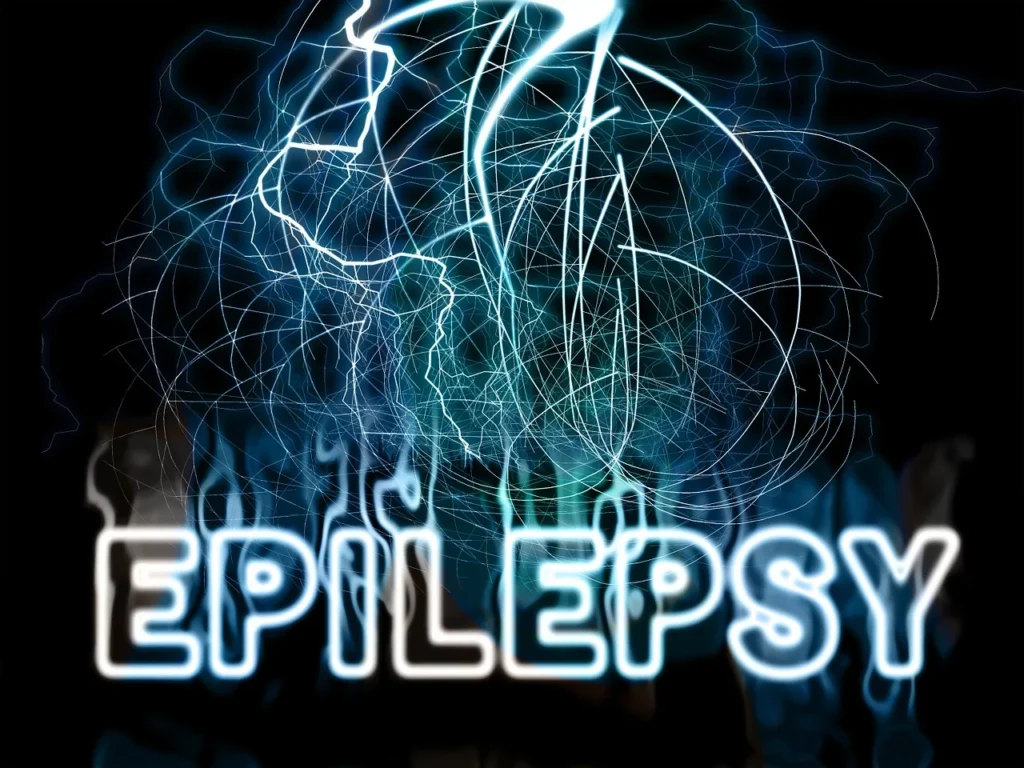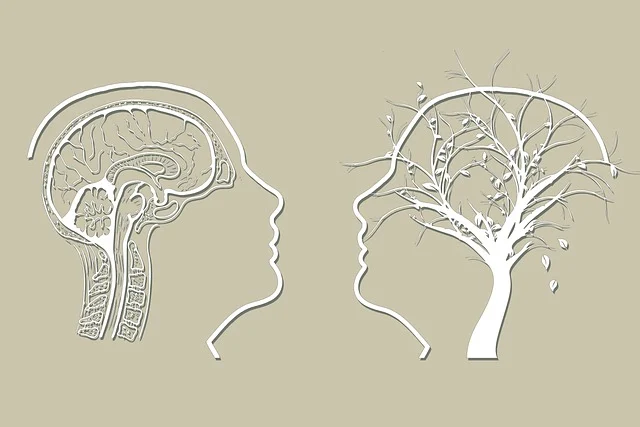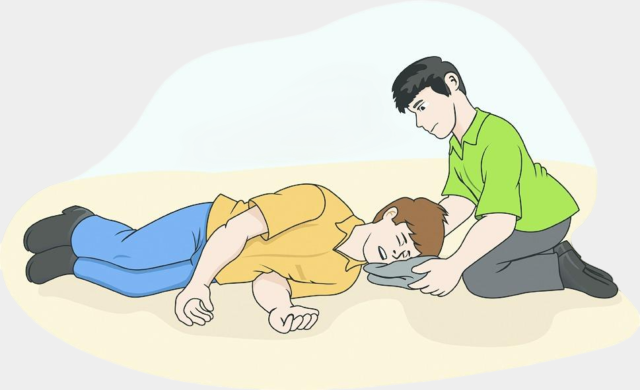Chest tightness is one of the most alarming symptoms a person can experience. For many, the immediate thought is, “Am I having a heart attack?” Yet chest discomfort is also one of the most common signs of anxiety and panic attacks. The overlap between these two very different conditions often creates fear, confusion, and even unnecessary trips to the emergency room.
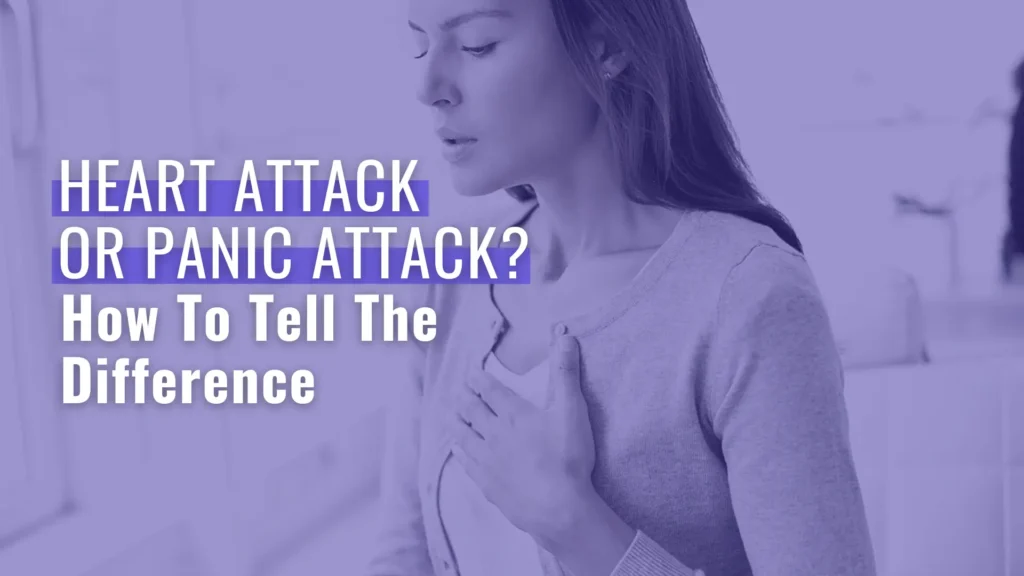
Understanding how to tell the difference between chest tightness caused by anxiety and chest pain linked to a heart attack is essential for both peace of mind and health safety. While anxiety-related chest discomfort is not life-threatening, heart-related chest pain requires urgent medical attention. This article will walk you through the differences, similarities, and warning signs so you can respond confidently when symptoms strike.
Can Anxiety Feel Like a Heart Attack?
Yes, anxiety can feel very similar to a heart attack. A panic attack, in particular, can mimic nearly every sensation of a cardiac emergency. This happens because the body’s “fight or flight” response triggers a surge of adrenaline and stress hormones when you feel threatened, even if there is no physical danger.
During a panic attack, symptoms may include:
- Sudden chest tightness or pressure
- Rapid or pounding heartbeat (palpitations)
- Shortness of breath or the feeling of being unable to get enough air
- Dizziness or lightheadedness
- Sweating and shaking
- Numbness or tingling in the arms or fingers
- Fear of dying or losing control
These are strikingly similar to the signs of a heart attack. However, the underlying cause is different. Anxiety-related symptoms stem from overactive nerves, stress hormones, and hyperventilation, not from blocked arteries or reduced blood flow to the heart.
Still, the similarity is strong enough that many people experiencing their first panic attack believe they are having a heart attack. This is why learning the subtle differences is so important.
How to Differentiate Between a Panic Attack and a Heart Attack?
While the two conditions share overlapping features, there are key differences in how they develop, progress, and resolve.
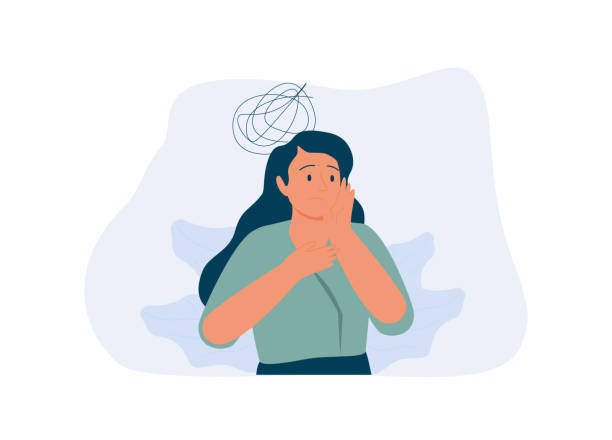
Onset of Symptoms
- Panic Attack: Usually comes on suddenly, often within minutes, and peaks quickly (often within 10–20 minutes). It can happen at rest or during stressful situations.
- Heart Attack: Often builds gradually, sometimes starting with mild discomfort and increasing in severity. It can also occur during physical activity or rest.
Nature of Pain
- Panic Attack: Chest discomfort often feels like a tight band, stabbing sensation, or sharp pains that move around the chest. It may also be accompanied by hyperventilation.
- Heart Attack: Chest pain is typically described as heavy, crushing, or squeezing pressure in the center of the chest. It may radiate to the arm, jaw, back, or neck.
Duration
- Panic Attack: Usually lasts between 10–30 minutes, though lingering anxiety symptoms can persist.
- Heart Attack: Chest pain may last longer, persist for hours, and often does not improve with relaxation.
Associated Symptoms
- Panic Attack: Sweating, trembling, racing thoughts, fear of dying, and tingling sensations.
- Heart Attack: Nausea, vomiting, pain spreading to arm/jaw, persistent shortness of breath, and sometimes fainting.
Response to Rest or Relaxation
- Panic Attack: Symptoms often improve with breathing exercises, grounding techniques, or calming down.
- Heart Attack: Symptoms typically persist or worsen, regardless of relaxation efforts.
Key Point: If you are unsure, always treat chest pain as potentially serious. It is better to be evaluated by a medical professional than to risk ignoring a true cardiac event.
Is Chest Tightness a Symptom of Anxiety?
Yes, chest tightness is a very common symptom of anxiety. Anxiety affects both the mind and body, and one of the most frequent physical complaints is discomfort in the chest area.
Why Anxiety Causes Chest Tightness
- Muscle Tension: Anxiety can cause the muscles around the chest wall to tighten, creating a feeling of pressure or pain.
- Hyperventilation: Rapid breathing during anxiety lowers carbon dioxide levels, leading to chest discomfort and dizziness.
- Increased Heart Rate: Stress hormones elevate heart rate, making the chest feel heavy or strained.
How It Feels
- A dull ache or stabbing sensation in the chest
- A feeling of weight or pressure, as if something is sitting on the chest
- Sharp pains that come and go quickly
- A burning sensation (sometimes confused with acid reflux)
Unlike heart-related chest pain, anxiety-related chest tightness is often:
- Short-lived
- Triggered by stressful thoughts or situations
- Relieved by calming down or resting
How to Tell if Shortness of Breath is from Anxiety or Heart Problems?
Shortness of breath is another symptom that overlaps between anxiety and heart conditions. Knowing how they differ is vital.
Shortness of Breath from Anxiety
- Usually occurs suddenly during stressful situations or panic attacks
- May feel like you cannot take a deep breath or like you are suffocating
- Often improves when you calm down, slow your breathing, or distract yourself
- May be accompanied by dizziness, tingling, or trembling
Shortness of Breath from Heart Problems
- Often comes on with physical activity or exertion
- May persist even at rest, especially in more severe cases
- Can be accompanied by swelling in the legs, persistent fatigue, or chest pain
- Does not improve simply by calming down or practicing breathing techniques
Self-check tip: If your shortness of breath improves with slow, steady breathing or distraction, it is more likely linked to anxiety. If it persists and worsens with exertion, a heart problem may be the cause.
Other Key Differences Between Anxiety and Heart Attack Symptoms
To further clarify, here are some distinguishing features:
- Location of Pain:
- Anxiety: Pain can be sharp and move around the chest.
- Heart Attack: Pain is often central and radiates outward.
- Pattern:
- Anxiety: Symptoms peak quickly and then fade.
- Heart Attack: Symptoms usually intensify over time.
- Emotional State:
- Anxiety: Accompanied by fear, dread, or panic.
- Heart Attack: Can occur silently or with mild unease, not always emotional distress.
- Triggers:
- Anxiety: Triggered by stressful events, thoughts, or phobias.
- Heart Attack: Triggered by physical exertion, blocked arteries, or high blood pressure.
When to Seek Immediate Medical Help
Never ignore chest pain. Even if you suspect anxiety, it is always safer to rule out a heart problem. Call emergency services immediately if you experience:
- Chest pain or pressure lasting more than a few minutes
- Pain radiating to the arm, jaw, back, or neck
- Shortness of breath that does not improve
- Sweating, nausea, or fainting
- Severe dizziness or confusion
Rule of thumb: If you are in doubt, treat it as a medical emergency.
Managing Anxiety-Related Chest Tightness
If your chest discomfort is linked to anxiety, there are effective ways to manage and reduce symptoms.
Lifestyle Strategies
- Breathing Exercises: Slow, deep breathing helps reduce hyperventilation and calm the body.
- Physical Activity: Regular exercise lowers stress hormones and strengthens heart health.
- Balanced Diet: Avoid excess caffeine and sugar, which can trigger anxiety symptoms.
- Sleep Hygiene: Quality sleep reduces overall anxiety and stress levels.
Mind-Body Practices
- Meditation and mindfulness
- Yoga and gentle stretching
- Progressive muscle relaxation
Professional Support
- Therapy (such as cognitive-behavioral therapy) helps address the root causes of anxiety.
- Medication may be prescribed if anxiety is severe and persistent.
- Support groups provide reassurance and coping strategies.
By focusing on mental wellness, you can reduce the frequency and severity of anxiety-related chest tightness.
Conclusion
Chest tightness can be frightening, especially when it mimics the symptoms of a heart attack. Anxiety and panic attacks often create sensations that feel identical to cardiac events, making it difficult to know what’s happening in the moment.
The key differences lie in the onset, duration, nature of pain, and associated symptoms. Anxiety-related chest tightness is usually short-lived, triggered by stress, and improves with relaxation. Heart attack pain, on the other hand, is persistent, heavy, and often spreads to other parts of the body.
Still, chest pain should never be ignored. If there is any doubt, always seek medical evaluation. Protecting your heart health is too important to leave to guesswork.
By understanding the differences, practicing stress management, and listening to your body, you can reduce fear, respond wisely, and live with greater confidence in your health.

